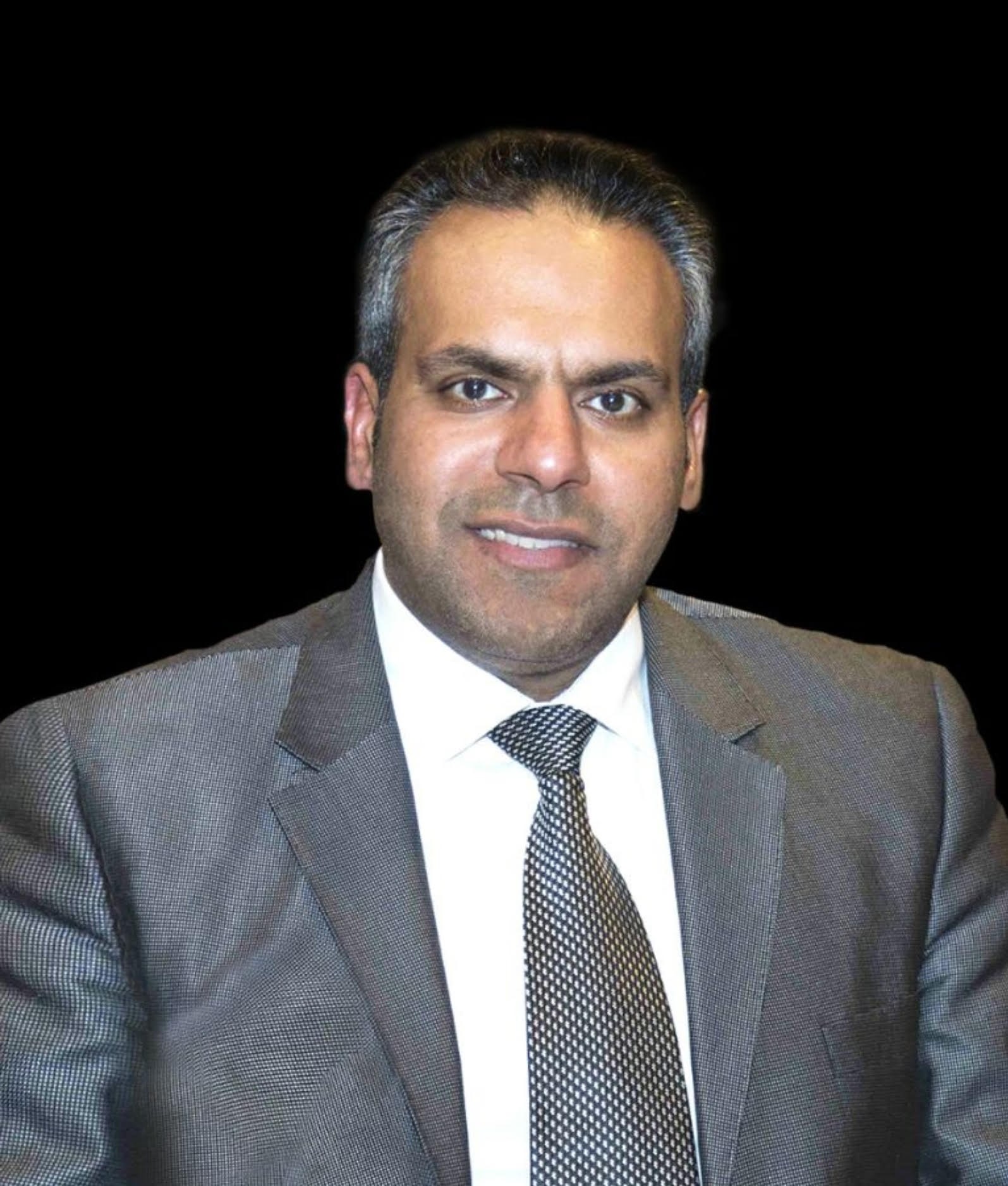Publisher: Maaal International Media Company
License: 465734
Why terrorist attacks on Saudi’s oil facilities shifted from upstream to downstream?
In the past three years, the terrorist attacks used to hit Saudi Arabia upstream oil facilities when drone attacks hit two pipeline segments along the major Saudi East-West oil pipeline and hit Saudi Arabia’s remote Shaybah oil field in the heart of the Empty Quarter that did not cause supply disruption, and had no impact on oil production or market stability.
The steepest single-day fluctuation in recent oil history took place when Brent crude price rose by 19 percent to $71.95 per barrel after the attacks on the world’s largest crude oil processing facility in Abqaiq. The price surge was short-lived as the price fell back to the mid-60s when the global oil market realized production was only briefly interrupted.
The attacks on Saudi Arabia’s oil upstream infrastructure were unprecedented. But more remarkable than the attacks themselves was the market reaction. Instead of skyrocketing oil prices, the market was defined by sustainable and relatively steady prices.
اقرأ المزيد
After those upstream attacks made fatal failures to suspend oil production or threaten global energy security, the latest Houthi terrorist attacks hit downstream oil facilities in Saudi Arabia overlooking the Red Sea that came at a time when global faced severe fears of oil and petroleum products shortages even before the repercussions of the Russian-Ukrainian crisis.
These sabotage and terrorist acts do not target civilian facilities and the security of domestic energy supplies in Saudi Arabia, but rather global energy security because the Kingdom’s exports of petroleum products at its Red Sea refineries go mostly to the European market after meeting domestic needs.
The European market is already suffering from an exacerbating energy crisis. The refinery (Yanbu Aramco Sinopec Refining Company (YASREF), a joint Saudi-Chinese refinery, produces 400,000 barrels per day of transportation fuel, in addition to the high-value refined products demanded by both local and international markets.
The attacks on the fuel distribution station in Jeddah aim to disrupt the Umrah season with the attempt to disrupt the fuel supply to Mecca during the seasonal high demand religious season.
There was no significant economic impact from the hostilities that targeted Saudi Aramco tanks at the refined petroleum products distribution station in Jeddah, which resulted in a fire without affecting public life.
The sabotage attacks on these downstream oil facilities come when the entire world is going through an energy crisis. So what would be the case if these irresponsible terrorist attacks on the oil facilities in the Kingdom caused a catastrophic interruption of energy supplies, especially the facilities bordering the Red Sea, which export refined petroleum products to the European market.
It has become recognized that these attacks do not target oil and vital facilities in the Kingdom, but rather global energy security as a whole, but at this time, prior to the holy month of Ramadan, they aim to disrupt fuel distribution at a sensitive time witnessing an increase in demand for petroleum products (transportation fuel) during the Umrah season.
The terrorist attacks were aimed at creating a crisis in refuelling to gas stations in the western region during the Umrah season, which would lead to the depletion of the existing inventories of fuel after the destruction of the infrastructure, but they failed in achieving their goal.
The Kingdom will not bear any responsibility for any shortage in oil supplies to global markets, as it is self-evident to redirect the exports of refined petroleum products to cover the domestic demand first and then the global, not to mention the escalation of prices, and this may affect the exports of petroleum refined products globally (transportation fuel) at a time when the world is witnessing signs of a major crisis in the scarcity of supplies.
The suggestion that “Saudi Arabia has the right to reduce oil production” expresses naivety and superficiality to understand the role and importance of the Kingdom as the only swing producer and the most reliable supplier. However, the Kingdom will not bear any responsibility for any shortage of oil supplies to global markets, not to mention the escalation of prices, which may affect the exports of petroleum derivatives globally (transportation fuels). At a time when the world is witnessing signs of a major crisis in the shortage of supplies if sanctions are imposed on Russian oil.
Saudi would have easily taken advantage of the oil price spike during Abqaiq attacks and leveraged that to increase its income, but Saudi Arabia’s commitment to market stability at such critical times is essential as the strongest infrastructure and the mesmerizing crisis management that is capable to keep the global energy security intact even amid energy crisis, sabotages and economic challenges.
Faisal Faeq
Energy Adviser (former OPEC and Saudi Aramco)
Twitter: @FAISALFAEQ







